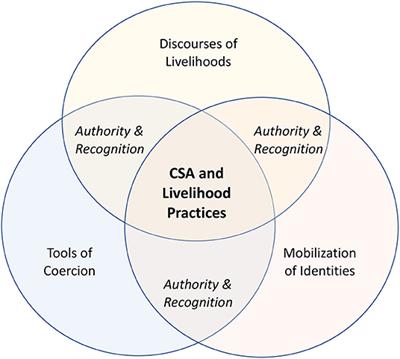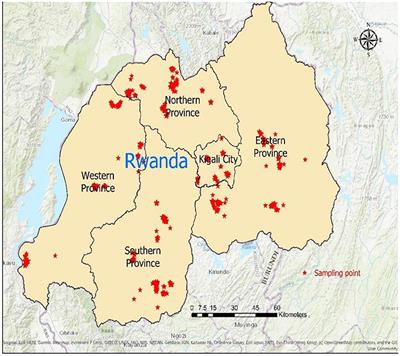EDITORIAL
Published on 12 Jun 2023
Editorial: Gendered impacts of climate change: women and transformative research, policy and practice
doi 10.3389/fclim.2023.1215661
- 2,022 views
- 3 citations
13k
Total downloads
81k
Total views and downloads
Select the journal/section where you want your idea to be submitted:
EDITORIAL
Published on 12 Jun 2023
ORIGINAL RESEARCH
Published on 02 Feb 2023

ORIGINAL RESEARCH
Published on 16 Nov 2022

ORIGINAL RESEARCH
Published on 07 Nov 2022

REVIEW
Published on 30 Jun 2022
CASE REPORT
Published on 13 Jun 2022
REVIEW
Published on 07 Jun 2022

ORIGINAL RESEARCH
Published on 30 May 2022

PERSPECTIVE
Published on 11 May 2022
PERSPECTIVE
Published on 25 Feb 2022
